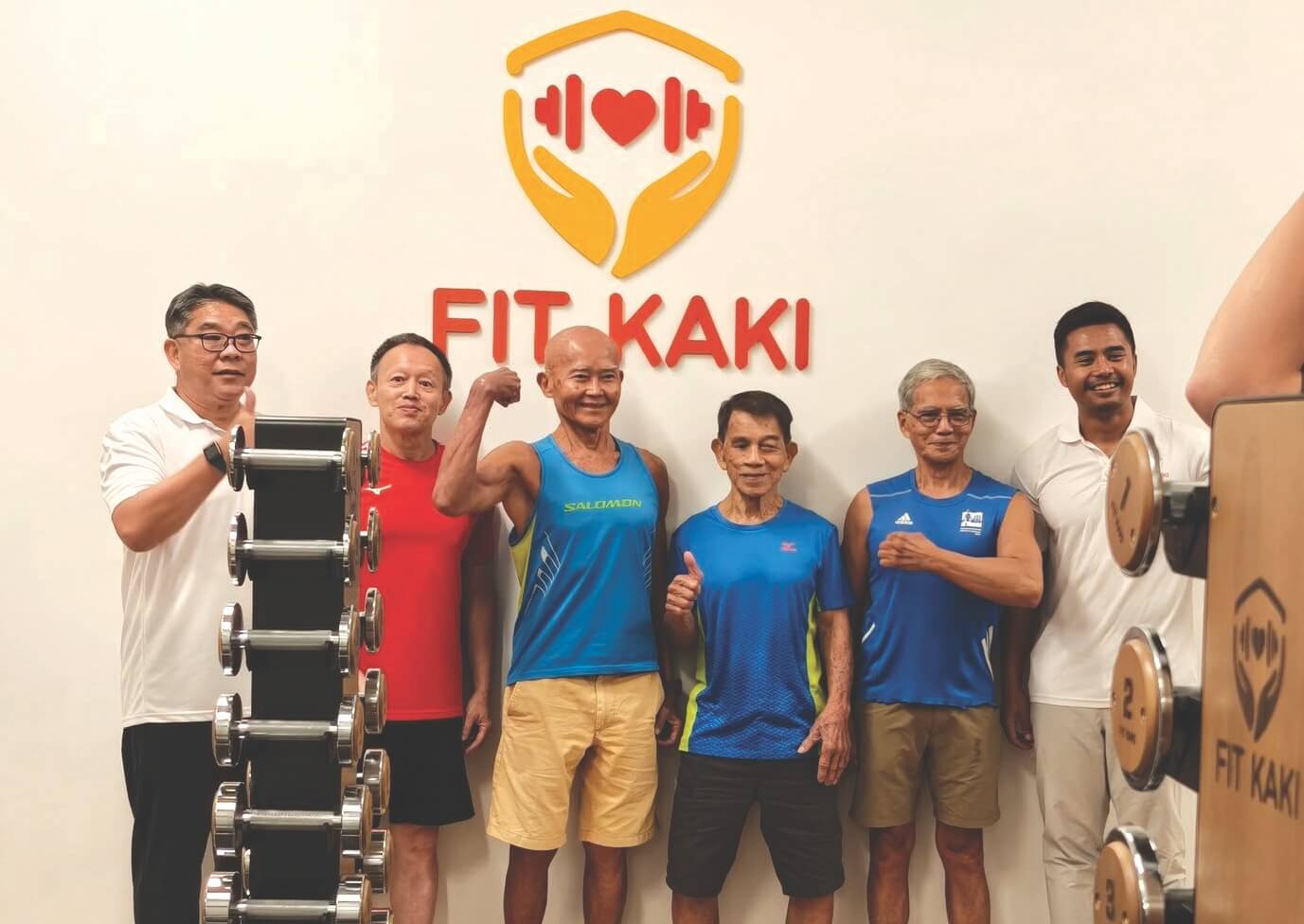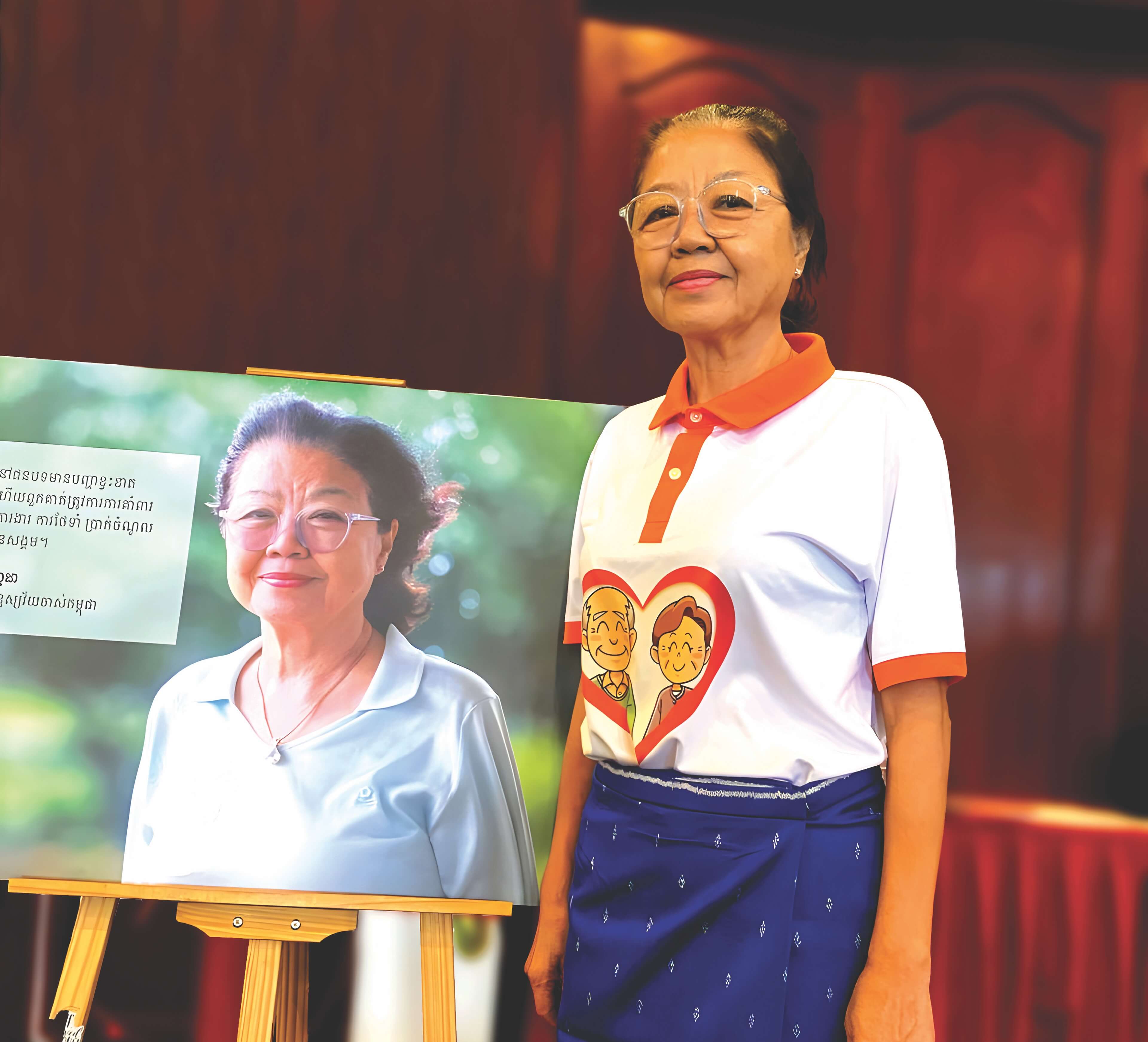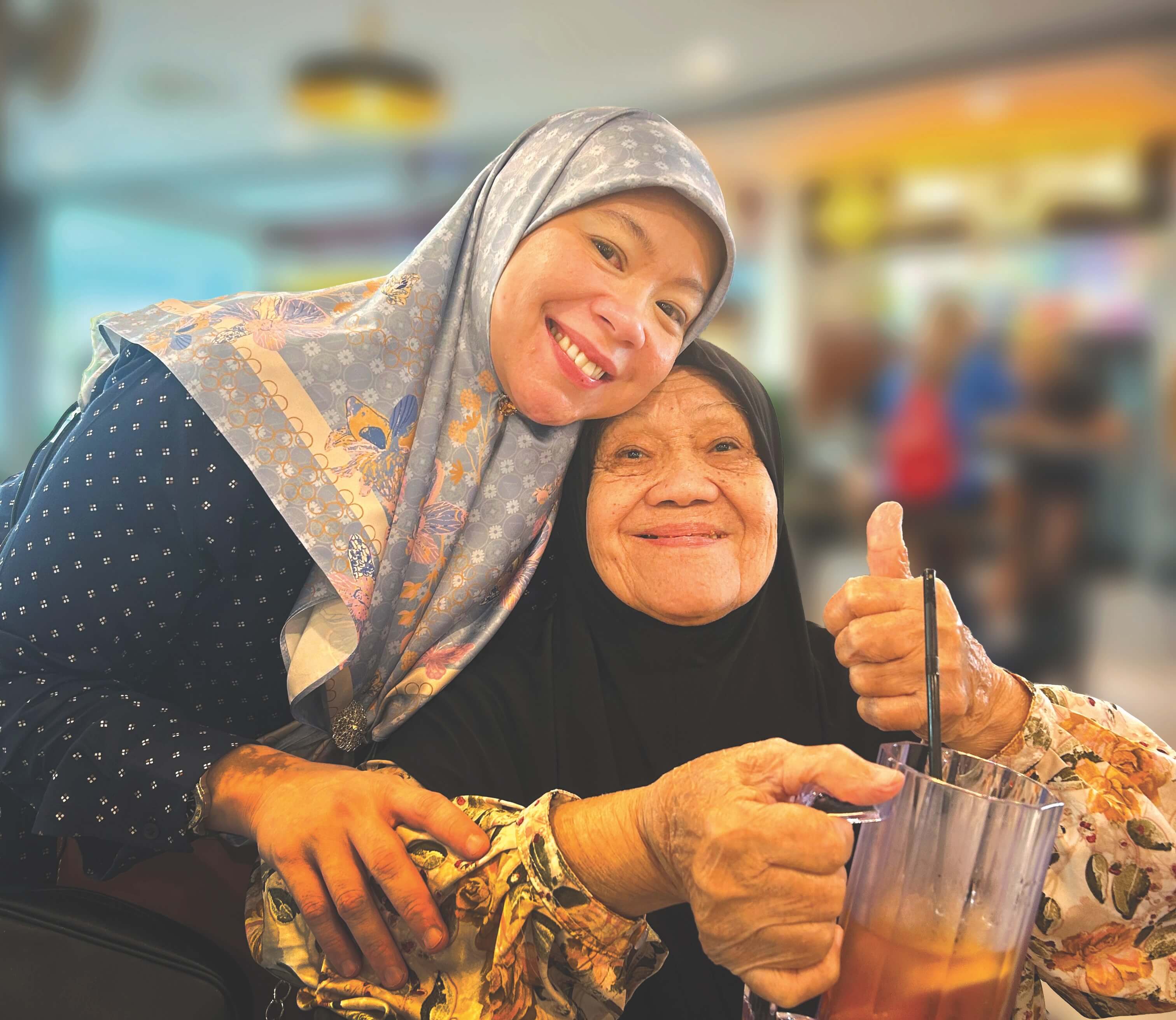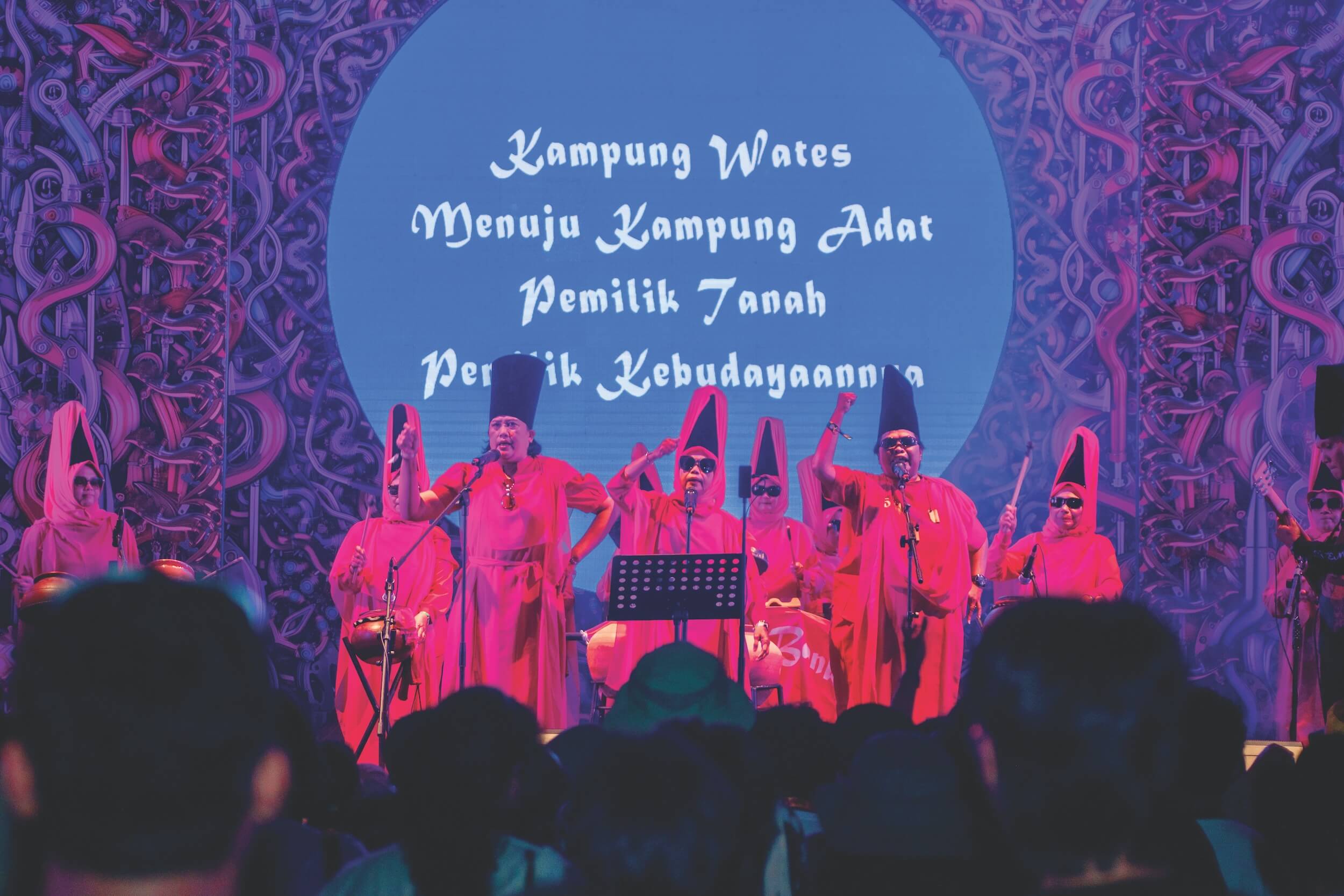
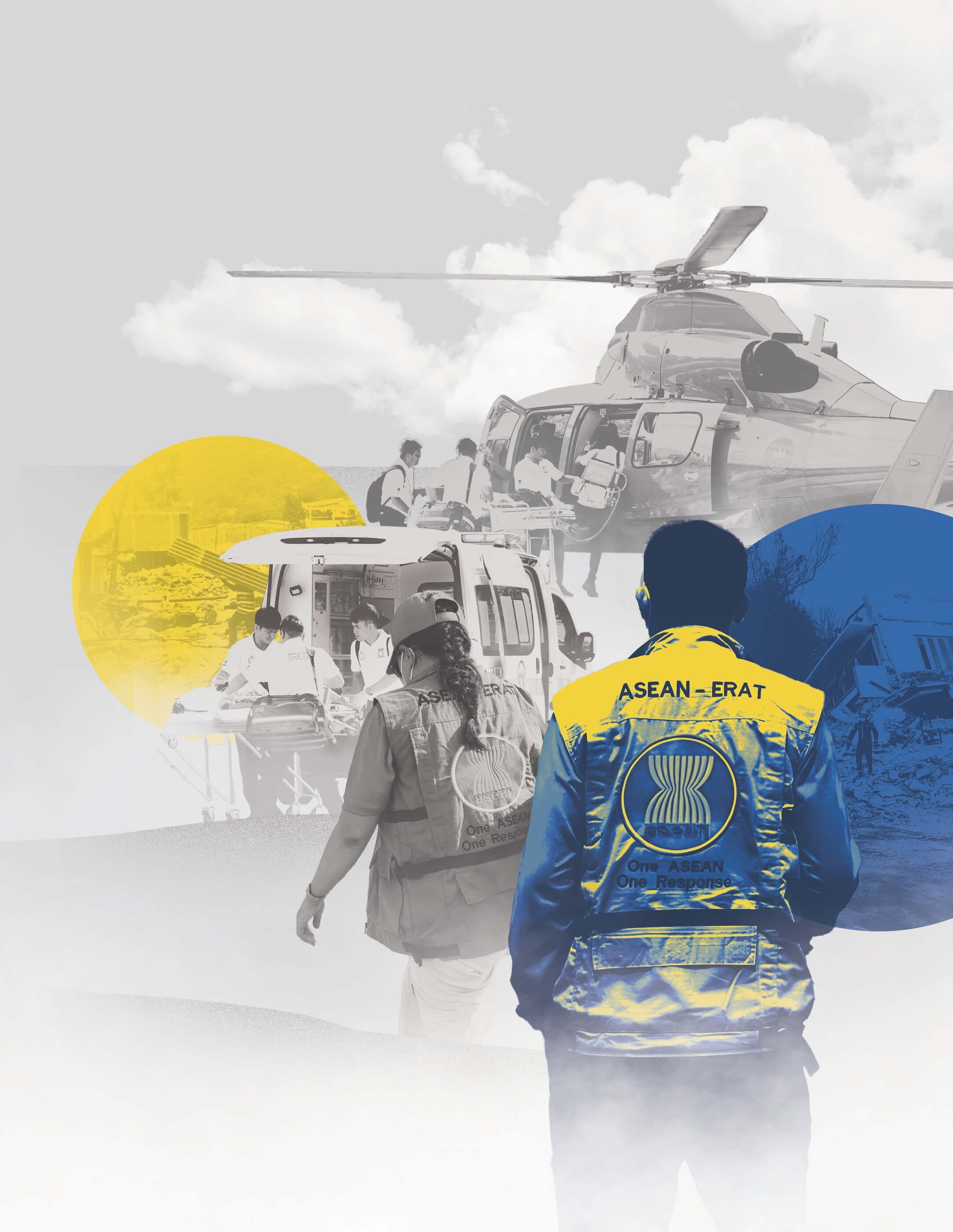


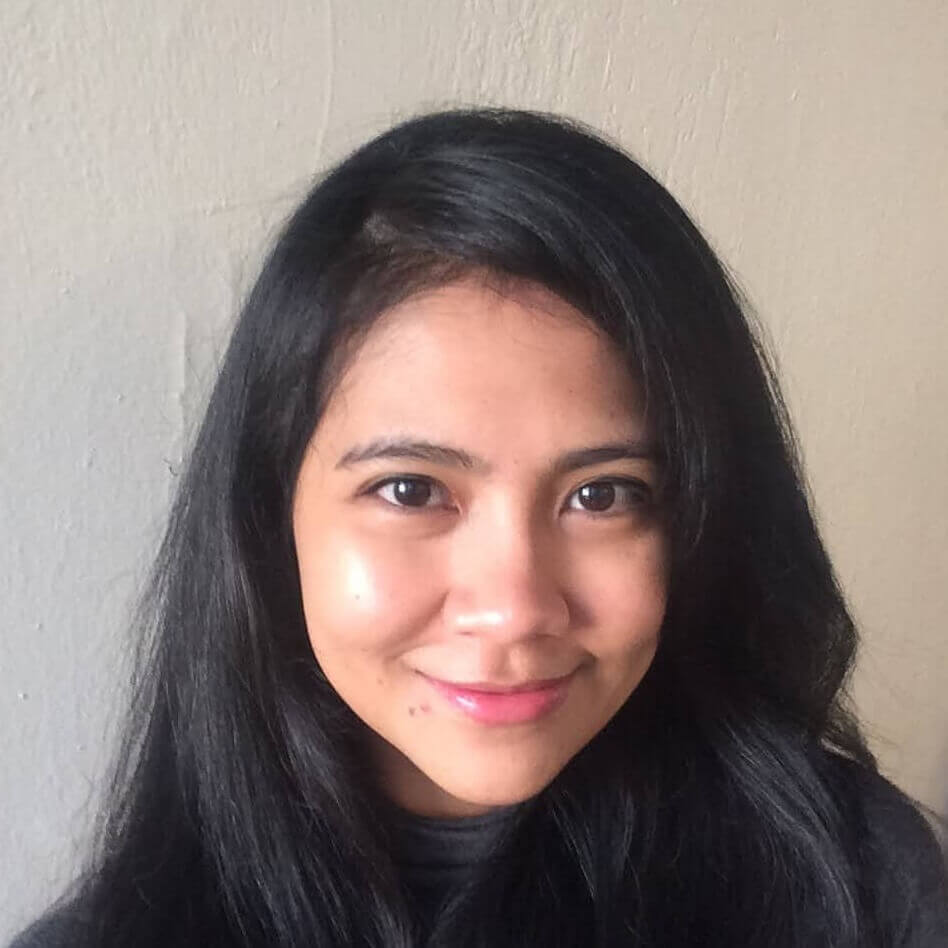
A group of mothers and grandmothers from Wates village, Majalengka, West Java, who bear the financial responsibility of keeping their households afloat, have banded together to form Mother Bank. Co-created by the artist Bunga Siagian, 37, Mother Bank is part lending union, part social enterprise, and part performing ensemble. It is an alternative to bank emok—a traditional credit system in parts of Indonesia that offers easy access to loans but charges high interest rates.
The ASEAN met with the Mother Bank members at their base camp in Wates, an open-air kitchen nestled in the middle of the community. A sign featuring the butterfly pea flower, Mother Bank’s symbol, stands proudly at the entrance. The base camp, soon to be inaugurated as a restaurant, includes a garden plot and several hydroponic installations. These will supply ingredients for their future dishes.
The ASEAN was warmly welcomed by Mini Rukmini (61), Diyah Mardiah (57), Uun Unayah (58), Suni (53), Aan Kartika (52), Mimin Darmini (50), Yati Sumiati (49), Nia Mardiany (44), and Anah Rohana (60).
Ana sells homemade lotek [Sundanese salad], Suni sells breakfast to local factory workers, and Dyah Mardiah works at a nearby restaurant. The others are homemakers.
In Wates, borrowing money from bank emok is a common practice. The bank allows residents to apply for loans using only an ID card and a photograph. The key requirement is that borrowers must make their weekly repayments in person; delegation is only permitted in cases of serious illness or after childbirth. Most loans are around 2 million rupiah (less than 150 US dollars), repaid in weekly instalments.
Mini Rukmini borrowed money to help pay her grandson’s school fees. One of her children, Nia’s younger sibling, is deaf, and Mini’s husband is a retiree. Determined to support her grandson’s education, Mini stepped in.
“I borrowed money for around seven years to pay for my grandson’s schooling from junior high through senior high. He’s graduated now.”
Ana Rohana has a similar story. She, too, borrowed from bank emok to cover her son’s tuition and daily needs.
“I had no choice. My child needed school fees, and his father was still in Jakarta at the time, rarely coming home. I had to borrow bit by bit to support my child. I was going everywhere, asking around, panicking—until I turned to bank emok, just to cover daily necessities.”
“Eventually, I managed to repay the loans by selling food. His father contributed too. Thank God, it’s all paid off now. Our child has graduated found a job, and we’ve decided never to borrow again. We’re tired, especially of borrowing from bank emok. It’s exhausting.”
One source of this exhaustion is the obligation to appear in person to make repayments. Borrowers—primarily women—gather at a neighbour’s house to face the loan officer directly and settle their debts. They sit on the floor in the traditional “duduk emok” position, with their knees bent and pressed together, resting their back on their heels. There’s a ritual to it. The women recite verbal commitments, promising to pay on time and attend all meetings. They even have their own chant. A similar ritual is captured in Mother Bank’s video clip, “Jalan-jalan” [Vacation].
Bunga Siagian was struck by the performative nature of this repayment ritual. She first came to Wates in 2015 for an art residency with Jatiwangi Art Factory and soon after witnessed the bank emok tradition.
“I was hanging out at a neighbour’s house when someone said, ‘Hang on, I have to join a meeting.’ So, I tagged along. And there it was. I found it truly fascinating. It happens once a week, regularly. And it was massive; almost the entire village took part,” says Bunga in a separate interview with The ASEAN.
Bunga, who moved to Wates in 2016, received another grant for an artist residency in the UK. The pandemic prevented her from travelling, and the organisation encouraged her to use the grant where she lived.
“It just felt like the right moment to start Mother Bank,” she notes, having witnessed a mass return of the people who lost their jobs in the cities.
“Everyone was struggling financially. That’s why I say Mother Bank was a form of emergency activism. Everyone was doing something—setting up community kitchens and so on. Economic hardship was the most urgent issue.”
Using money from the grant as seed capital for small businesses or simply to meet their daily needs, the Mother Bank was born with thirteen mothers joining the initiative.
Mothers in motion
What sets Mother Bank apart from the traditional bank emok is its approach to value and participation. Instead of demanding high-interest repayments, Mother Bank asks its members to contribute their time and energy. Rather than spending two hours each week in bank emok’s repayment rituals, Mother Bank members come together to garden, learn how to grow cassava and engage in other productive, communal activities. Later, these gatherings also included music practice.
“I often say, ‘What do we have in abundance? Time. If we can harness that, it can become a source of economic power. We can be empowered by using everything we already have in the village: our labour, our sense of collectivity, our land, and more. For me, that’s what literacy truly means: recognising the potential that already exists and finding ways to activate it,” Bunga explains.
It didn’t take long for the wider art community to notice the Mother Bank project. In 2021, the organisers of Biennale Jogja became aware of it and invited the group to participate in the programme.
“At the time, we felt we didn’t want to simply display archives or documentation of what we had done,” Bunga recalls. “The audience was different, the expectations were different. So we asked—could the mothers be the opening act for the Biennale Jogja?”
The organisers loved the idea of combining the art installation with a live performance. From that moment, Bunga and the mothers went full speed ahead. Three months before the opening, these mothers, who had never played a musical instrument, began working together to create their original songs.
“We collaborated with Jatiwangi Art Factory. We invited two of the band’s members to help us compose the music,” Bunga explains.
Mini Rukmini recalled the Mother Bank group’s trip home after a recording session at Jatiwangi Art Factory.
“Late at night, there we were—us grandmas—riding motorbikes in pairs, heading home from the studio. We looked like biker gangs!” she said, prompting laughter from the rest of the Mother Bank members.
Following their performance at the Biennale, they were approached by Wok the Rock, the music producer behind the Yes No Wave record label. Impressed by the project, he offered to produce Mother Bank’s first album. Two years later, the album is out.
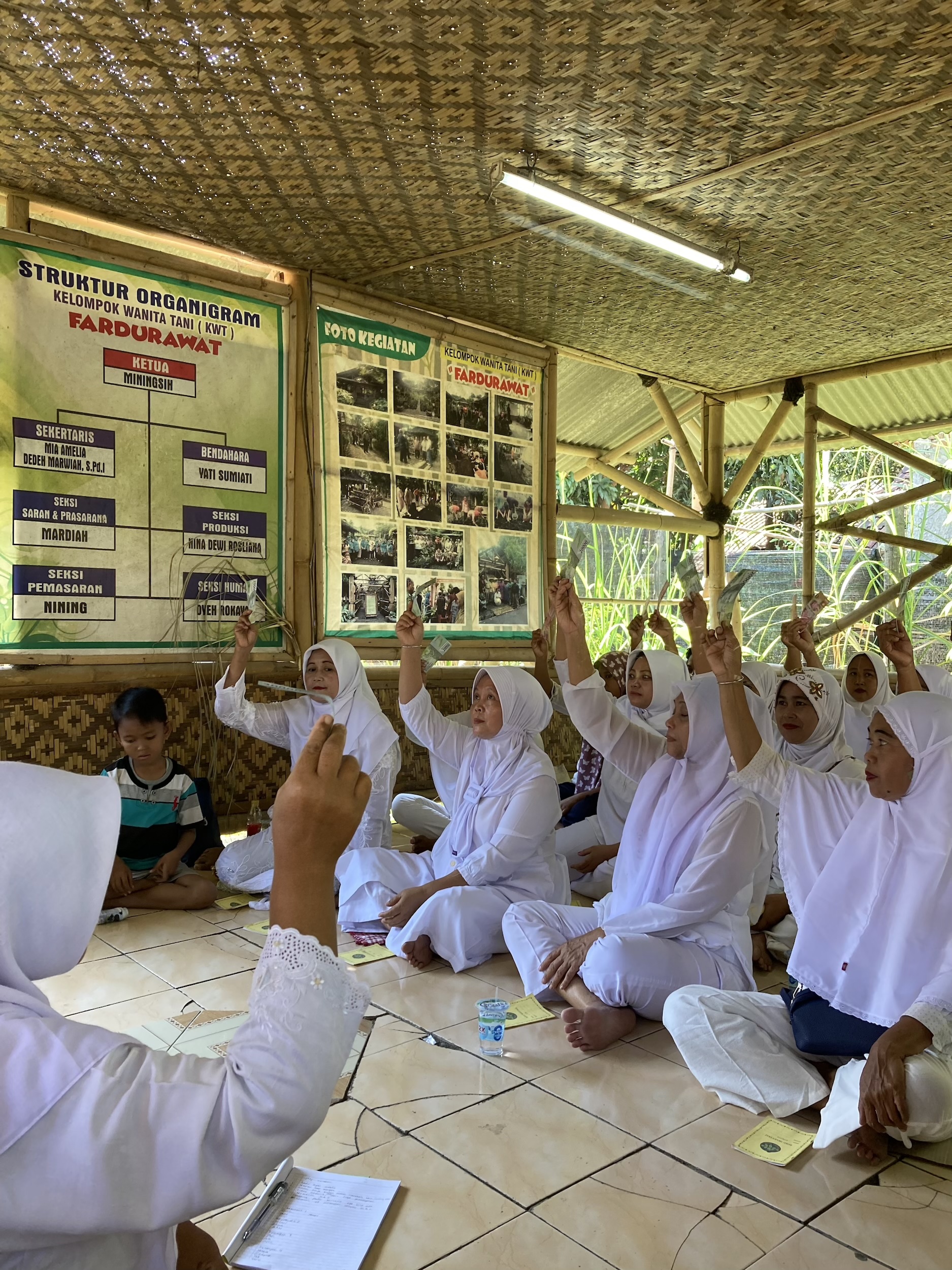
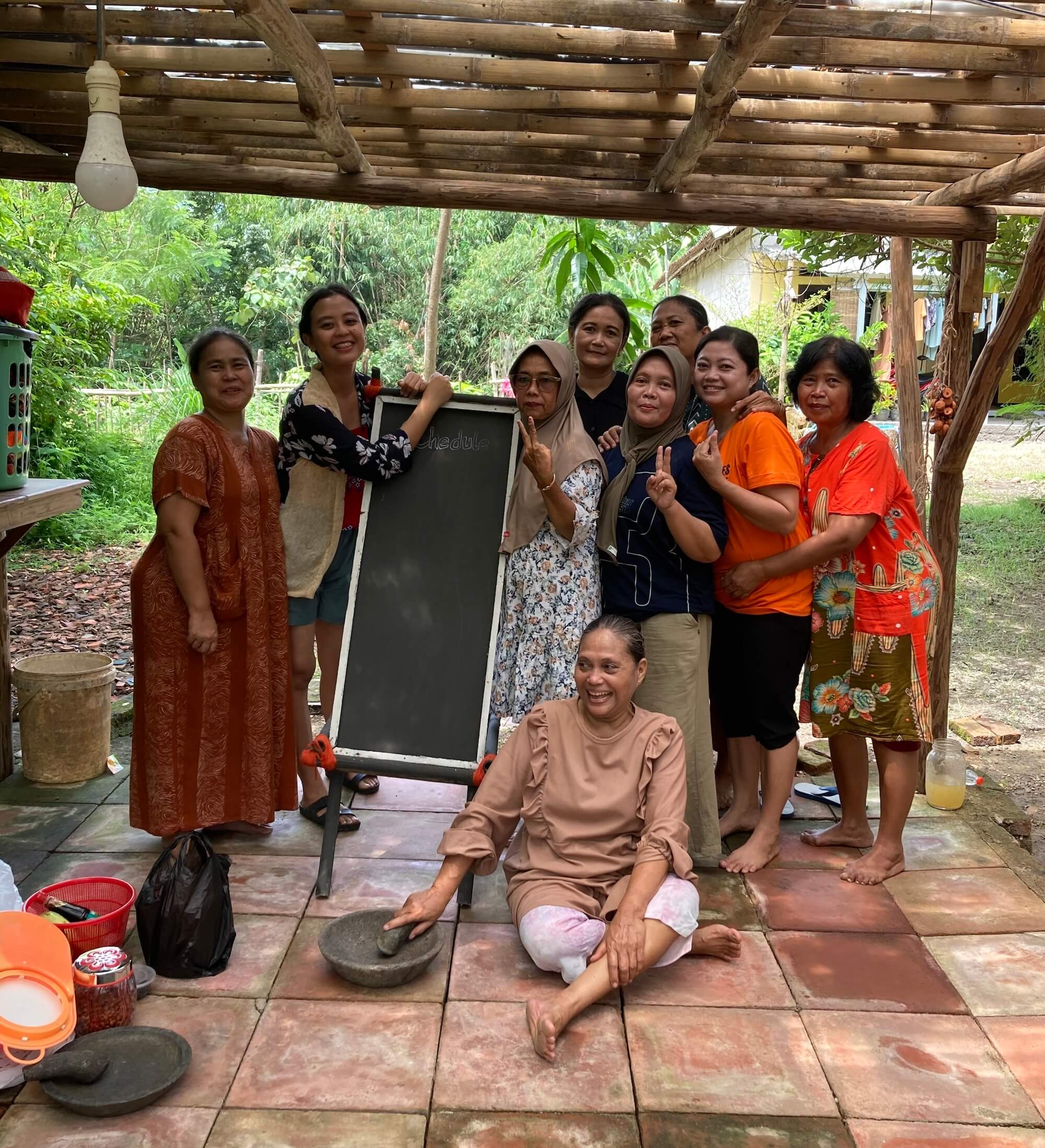
In 2023, Mother Bank’s first appearance in their video clip captured the attention of the Indonesian public. They went viral with a catchy song and a striking fashion statement: flowing pink kaftans and towering peci caps. (The peci is shaped like a truncated cone. It is commonly worn by Muslim men in Indonesia).
Mother Bank broke the internet.
Audiences are very excited to see unassuming mothers who sing boldly, play unconventional instruments, and deliver sharp social critique through their lyrics. Today, they perform alongside some of the country’s top artists at major music festivals in the capital.
“When people come up saying, ‘Ma’am, over here, can I get your autograph?’— you’d think I’d feel happy or proud. But actually, I wanted to cry,” says Mini. “How could it be that at this age, I’m being watched by young people? It was mostly young people in the audience—yet there we were, a bunch of older mums, putting on a show. And they were dancing! All those young people dancing to us.”
Dyah chimed in with her most unforgettable moment: “When we were scheduled to perform at Universitas Indonesia last year, we were the final act—on at midnight! At first, it looked like the crowd had left. But then the MC announced, ‘Mother Bank!’—and suddenly, the whole area filled up. Even the MC was surprised!”
“During our final song, ‘Jor Bae’ [Whatever], we all came down from the stage. Everyone rushed forward to shake our hands. Oh my, we were really touched! We thought no one would be there,” Dyah adds.
Sisterhood off the stage
Far from the stage lights and the buzz of the crowd, back home in Wates, the mothers return to their daily routines.
“At music festivals, we’re real artists—but back in the village, we’re back to selling nasi kuning [turmeric rice dish] in the morning,” says Suni.
The past five years have been transformative for the women of Mother Bank. Beneath it all, the project has always been about empowerment.
“We need to be more resourceful so we don’t stay stuck,” says Nia. “Life in the village can be tough. During the dry season, it’s hard. Back then, you could still ask your neighbour for vegetables from their garden—now there are hardly any gardens left. That’s why we started the hydroponics, so there’s always something to harvest.”
Mother Bank is eagerly looking forward to its next performance while also preparing the menu and ingredients for its upcoming restaurant. As our conversation wrapped up, Suni reminded her friends of their promise to do a botram [picnic].
“Next week, after our performance, yes? There’ll be some money in the Mother Bank fund,” she grinned. “After a gig, when we’ve got money, everyone gets excited. Ibu [Ms.] Nia will buy tempeh, Ibu Sumi will bring tofu, Ibu Uun will get salted fish, and Ibu Dyah will bring sabrang [a chilli-spiced vegetable dish]. We gather, we eat. That’s the best part, Neng!” she says.
“We even have a song for it, ‘Botram.’ It hasn’t been recorded yet, but it’s already been written and performed before,” she adds.
Through all the laughter we shared that day, one thing was clear: above all, friendship remains Mother Bank’s most valuable asset.
The views and opinions expressed in this conversation are solely of the interviewee and do not reflect the official policy or position of ASEAN.




